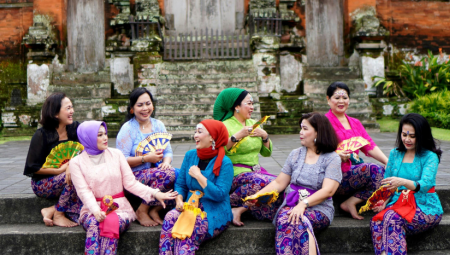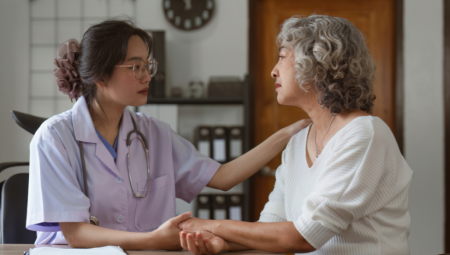Summary
Since Autumn 2020 the Inclusive Involvement in Research-Led Practice theme at University of Essex have engaged with Gypsies, Roma, Travellers and Showmen families in the East of England. Our purpose had been to learn:
- The extent to which issues cited around difficulties to access health care for Travelling communities are current and local, and how barriers might be resolved;
- Gypsy, Roma, Traveller and Showmen family research priorities;
- What health and care workers observe and think about local access to health care;
- If and how Travelling Communities and health workers would like to coproduce a research proposal with local academics, to address barriers to access;
- How to develop research priorities collaboratively.
Project update
Our extensive engagement has revealed that many people in Travelling Communities continue to experience significant health needs and barriers to accessing health care.
We have learned that access to health care is problematised by intersecting and compounding factors including:
- A challenging socio-political context, including
- COVID-19 and consequent lockdowns
- Brexit and issues of freedom of movement across the EU
- new legislation to create a criminal offence of residing in a vehicle on land without permission, and an ongoing shortage of Traveller site accommodation. A health system designed for mainstream use, which problematises access for those living travelling lifestyles
- An association between the Travelling communities’ interactions with public bodies and experiences of racism and trauma, and fear and distrust from all sides
- Variations in staff cultural competency
Inappropriate communications, such as:
- Postal invitations to health appointments that may not be received or read
- Advice from health professionals that is unclear or difficult to understand
- Requirements to access some health services online that deny access to those without the data, skills, support and devices to engage in this way
Hear about learnings from Roma communities involved in this project in Czech.
Hear about learnings from Roma communities involved in this project in English.
Project activity so far
- We worked with community members, representatives and advocates to develop the research questions, methods, and opportunities for involvement. We secured funding from the Foundation for Sociology of Health & Illness to make sure that individuals and charities are paid for their time. Conversations took place during the COVID-19 pandemic, between March 2021 and May 2021, by phone, Zoom, Whatsapp, and Facebook Messenger; some were one-to-one whilst others were held in small groups. Gypsies and Travellers Essex, Compas and Oblique Arts Traveller Advocacy project, Public Health at Cambridgeshire Council, and the members of the IIRP theme at University of Essex worked together to consult with more than 80 community members.
- We have collaborated publicly on a Miro Board so that everyone with access to a smart device can see what's happening. We have ALSO sought comments and advice from a range of national organisations, such as Friends Families Travellers, the Royal Society for Public Health and the Queens Nursing Institute.
Next steps
In response to comments from East of England Travelling Communities and those working closely with them, we are co-producing a research proposal to submit to the National Institute of Health Research for funding. We propose bringing together a regional ‘community of practice’ to co-design, co-implement and co-evaluate interventions to improve access to the human right to health for these communities and other excluded groups.
Throughout this work, we are seeking new and better ways to inclusively involve people in meaningful health research and practice, to improve access to health and social care, and medical treatment.
We will work with the implementation leads within the East of England ARC to identify how best to co-implement our findings.
Who was involved?
Researchers and institutions
Contact us
Sally Burrows, sally.burrows@essex.ac.uk





